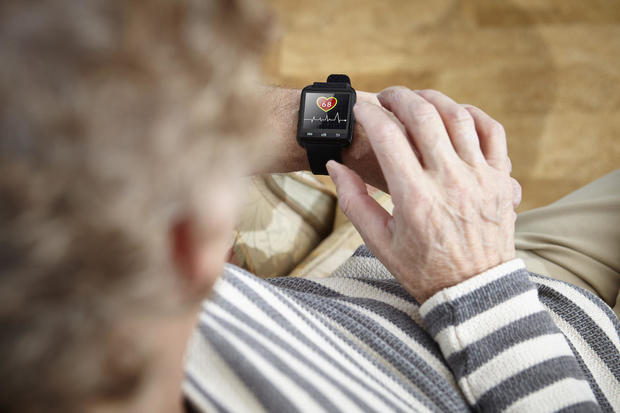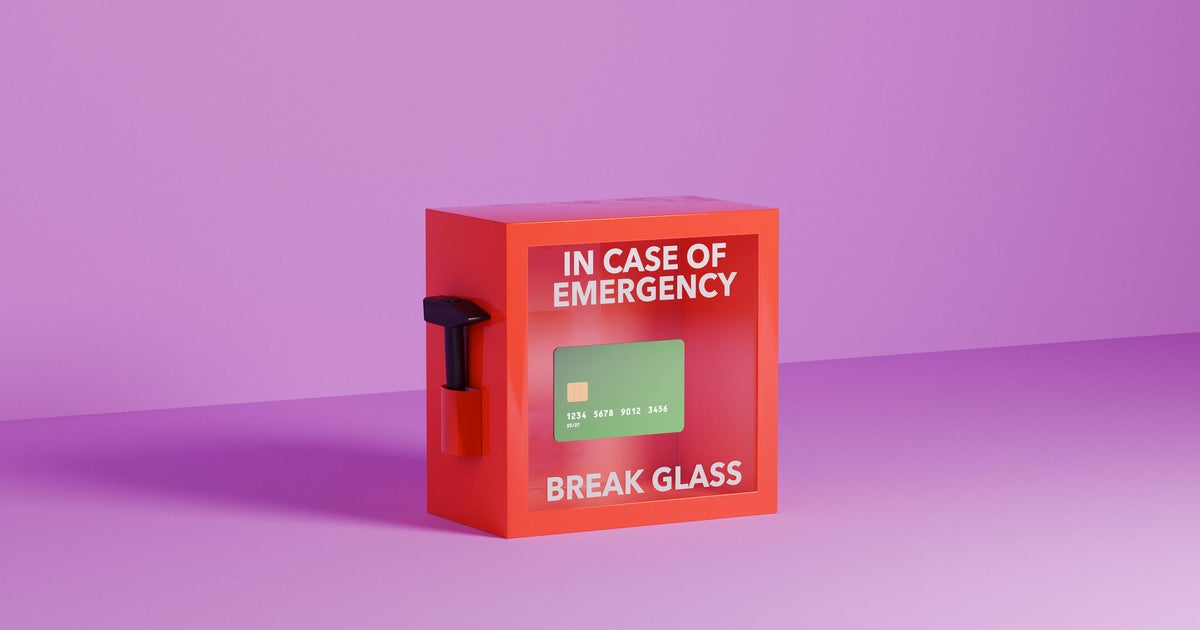When to buy medical alert systems
If you're already scouring the internet for information on medical alert systems, then chances are you're probably ready to take the plunge. Medical alert systems, like home security systems, offer an added layer of comfort and protection in the event of an emergency.
With the touch of a button — and in some cases, even without pressing anything at all — you can be connected to a 24/7 monitoring center that can dispatch emergency responders.
While there are a plethora of reasons to buy medical alert systems, especially for seniors, you may be wondering about timing. When in doubt, you can always turn to an expert or at the very least get a free quote to determine if the system is worth the price.
A company like Medical Guardian can provide you with an estimated cost, including installation and fees, and give you an overview of the various products so you can make an informed decision about what you really need. Get started now with a free quote!
Determining when to buy medical alert devices
Choosing a medical alert system is the easy part, especially when you're able to view a list of products and features available. Medical Guardian even offers an online quiz to share what professionals recommend for your unique situation (take the quiz today!).
You don't want to spend too much time researching devices and delaying the process if there's truly a need for a medical alert system. After all, your health should be your top priority.
Here's a checklist to help you determine if now is the right time to buy a medical alert system.
- You're concerned about falling: "Anyone who is at a risk of falling, no matter their age, should consider using a medical alert system," the National Council on Aging says. However, the Centers for Disease Control and Prevention notes that older adults (age 65 and up) are at a higher risk of falling. More than one out of four older people fall every year, though most don't report it to their physician, the agency says. "Every second of every day, an older adult (age 65+) suffers a fall in the U.S.-making falls the leading cause of injury and injury death in this age group," it added. Most medical alert systems allow you to add on fall detection to notify people if you fall.
- You have health issues or issues with mobility: If you're having trouble with balance or walking or have existing medical issues, then you should get a medical alert system now so you can have a direct line to professionals who can help you if an accident or emergency occurs.
- You live alone: An in-home system can help ensure you're being cared for and can receive assistance in the event of an emergency when people aren't visiting.
- You live an active lifestyle: Those who are more active and enjoy exercising or running errands may want an on-the-go system equipped with GPS so you can receive assistance if needed.
This isn't an exhaustive list of reasons to buy a medical alert system but it can give you a pretty good idea of when you may want to consider buying a medical alert system. You can learn more about the benefits of medical alert systems via a marketplace like MedicalGuardian.
There are multiple medical alert systems to pick from — including on-the-go systems like a smartwatch or mobile necklace to an at-home system that's landline-based.
How it works
Medical alert systems aren't high maintenance. Once the device is set up or installed then you can sit back, relax and simply let the devices do the work.
Medical Guardian breaks down the alerting process into three parts:
- Request help via your alert button: Once you press your button, you'll get an instant response from a 24/7 monitoring center.
- Get in touch with a team of emergency operators: With a team of 24/7 emergency call operators, you can explain what the medical issue is or why you're calling for help. An expert will determine whether or not to call for an emergency response.
- Get instant help: Whether you want to get in touch with a family member or friend or you want a first responder to come to you, the call operators will be able to alert them for you. And if they can't hear you clearly, then they can call your phone number or send emergency service to your location.
Here are some pros and cons of medical alerts — plus, what you will likely pay monthly for certain devices.




